Buying a home in 2025 comes with new challenges, from rising prices to evolving mortgage rules. With newcomers purchasing one in five homes in Canada, competition is fierce. Whether you’re a first-time buyer or upgrading, navigating the market requires asking the right questions—not just finding the right house.
Skipping key questions can lead to unexpected costs and regrets. What’s included in the sale? How much will you really pay beyond the listing price? Is the home’s value likely to rise? These details impact your finances and future stability, making due diligence essential.
This guide covers 10 smart questions to ask when buying a home to avoid costly mistakes. From mortgage options to negotiation strategies, you’ll gain the insights needed to make a confident, informed purchase in today’s competitive market.
Financial Questions to Ask Before Buying a Home
Buying a home is more than just affording the sticker price—it’s about understanding the full financial picture. From hidden costs to choosing the right mortgage, making informed financial decisions upfront can save you from costly surprises down the road. Here are two critical financial questions every homebuyer should ask.
Question 1: What’s My Total Budget, Including Hidden Costs?
The purchase price is just the beginning. Many buyers overlook closing costs, property taxes, homeowners’ insurance, and ongoing maintenance, which can add thousands to the final bill. Depending on your location, these expenses may total 3-5% of the home’s price—a significant amount if not planned for.
To calculate your true budget, factor in:
- Closing costs (lawyer fees, land transfer tax, title insurance)
- Annual property taxes and homeowners’ insurance
- Utility bills and regular upkeep to maintain the home’s value
Question 2: What Type of Mortgage Is Best for My Situation?
Not all mortgages are created equal. Fixed-rate loans offer stability, while variable-rate mortgages fluctuate with market conditions—potentially saving or costing you money. In 2025, with interest rates shifting, pre-approval is more important than ever to secure the best terms.
Key mortgage considerations:
- Fixed vs. variable rates: Which aligns with your risk tolerance? You can learn more about fixed and variable rates here.
- Loan term: Shorter terms mean higher payments but less interest paid over time.
- Pre-approval: Knowing what you qualify for strengthens your offer in a competitive market.
Understanding these real estate financing tips ensures you’re financially prepared for homeownership.
Questions to Ask About the Home’s Condition and Potential Issues
A home might look move-in ready, but what’s under the surface matters just as much. Unexpected repairs on major systems can cost thousands, making it crucial to ask the right questions before committing to a purchase.
Question 3: What’s the Age and Condition of Major Systems?
Even a beautiful home can become a money pit if the HVAC, plumbing, roof, foundation, or electrical systems are aging or failing. Replacing a roof alone can cost $10,000 or more, while HVAC repairs can run into the thousands.
Warning signs of costly repairs:
- Roof: Missing shingles, sagging, or visible leaks
- Plumbing: Low water pressure, slow drainage, or water stains
- Electrical: Frequent breaker trips, outdated wiring, or flickering lights
Pro tip: A home inspection checklist can help uncover hidden issues before they become your problem.
Question 4: Have There Been Any Major Repairs or Renovations?
Renovations can increase value, but poor workmanship or unpermitted changes can lead to expensive fixes. Ask for maintenance records and proof of completed work to ensure past repairs were done correctly and legally.
Red flags to watch for:
- DIY renovations that don’t meet building codes
- Foundation repairs that indicate past structural issues
- Quick cosmetic updates that may hide deeper problems
By asking the right questions for home sellers, you can avoid surprise repair costs and ensure your investment is a sound one.

Questions to Ask About the Neighborhood and Location
A home’s location isn’t just about convenience—it directly impacts property value, resale potential, and quality of life. Understanding market trends, future developments, and safety factors ensures you’re making a smart investment.
Question 5: What Are the Local Market Trends and Future Developments?
A neighborhood’s growth and desirability can increase or decrease your home’s value over time. Areas with new businesses, public transit expansions, or infrastructure projects tend to appreciate, while declining areas may struggle with stagnant property values.
Research factors like:
- Local real estate market trends for 2025
- Planned zoning changes or major construction projects
- Historic home appreciation rates in the area
Question 6: What’s the Crime Rate and School District Like?
Safety and education options influence both home prices and buyer demand. Even if you don’t have kids, a highly rated school district boosts resale value. Likewise, high crime rates can hurt long-term investment potential.
Where to check:
- Local crime reports and statistics
- School district rankings and test scores
- Community forums or neighborhood reviews
By evaluating market conditions and location factors, you’ll ensure your new home is a valuable and secure investment.
Questions to Ask About the Buying Process and Offer Negotiation
A well-negotiated deal can save you thousands and prevent unexpected surprises during closing. Understanding why the seller is moving and what’s included in the sale can give you a stronger position in negotiations.
Question 7: Why Is the Seller Moving, and How Long Has the Home Been on the Market?
A seller’s motivation can work in your favor. If they need to move quickly—due to a job change, financial reasons, or personal circumstances—they may be more flexible on price or willing to negotiate repairs.
Warning signs of long-listed homes:
- Overpriced compared to market trends
- Hidden issues flagged by previous buyers
- Frequent price drops signaling seller urgency
Question 8: What’s Included in the Sale?
Don’t assume everything you see comes with the home. Appliances, window treatments, and light fixtures may be negotiable, but only if included in writing.
Key items to clarify:
- Kitchen appliances, washer/dryer
- Outdoor structures (sheds, playsets)
- Home warranties or service contracts
Partner with a Trusted Financial Advisor
Navigating the home-buying process is easier with expert guidance. Cruz Financial Group helps buyers understand financing options, mortgage rates, and smart negotiation strategies—ensuring you make a confident, informed investment.
Conclusion
Buying a home isn’t just about finding the perfect property—it’s about making a confident, well-informed investment. From financial planning to property condition and negotiation strategies, these 10 questions to ask when buying a home will help you avoid costly mistakes and secure a home that fits their needs.
Ready to make a smart move? Connect with Cruz Financial Group today for expert advice, tailored financing solutions, and a stress-free home-buying experience. Let’s turn your homeownership goals into reality—start your journey now!





